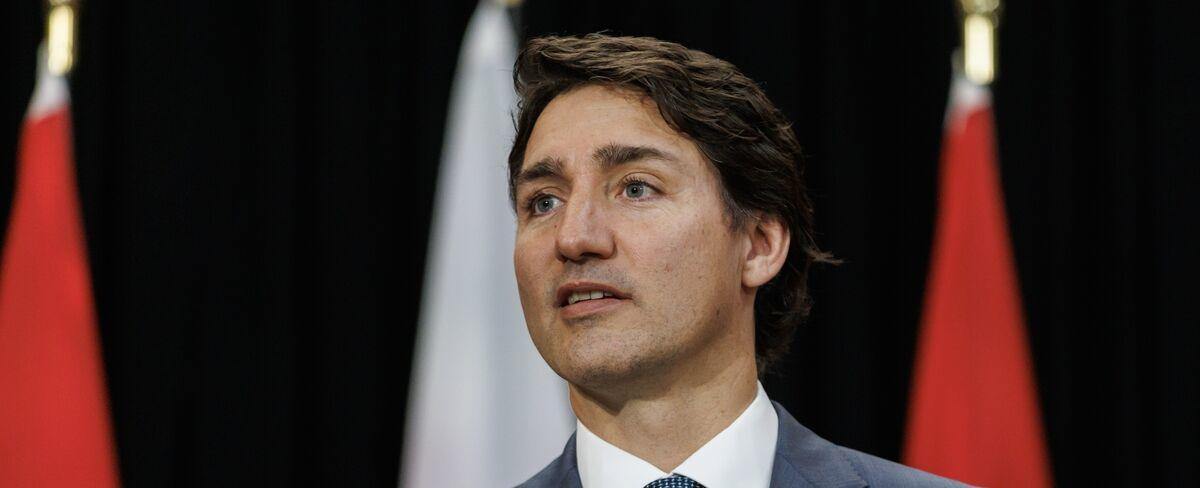Canada Wildfires, Smoke Put Climate Change Pressure on Justin Trudeau

As the world continues to grapple with the devastating impacts of climate change, the wildfires raging in Canada have put severe pressure on Prime Minister Justin Trudeau to take more aggressive action. The smoke from the massive fires has blanketed communities across Canada, and even parts of the United States, leading to air quality warnings and health concerns.
Trudeau was already facing criticism for his government’s approach to climate change, with many environmental advocates arguing that he hasn’t done enough to reduce Canada’s greenhouse gas emissions. The wildfires have only intensified these criticisms, with some arguing that they are a direct result of Canada’s inaction on climate change.
According to the Canadian Wildland Fire Information System, there have been over 2,000 wildfires in Canada this year alone, burning over 3.7 million hectares of land. This is already more than double the yearly average. The wildfires are also having an economic impact, as they have disrupted the country’s logging and tourism industries.
Trudeau has acknowledged the severity of the situation, stating that “climate change is real, and its impacts are unfolding before our eyes.” However, many are calling for more concrete action, including a stronger commitment to reducing greenhouse gas emissions and transitioning to renewable energy sources.
The wildfires in Canada serve as a stark reminder of the urgent need for action on climate change. It is time for leaders to take a more proactive approach to reducing greenhouse gas emissions and transitioning to a more sustainable future. The fate of our planet hangs in the balance, and it is up to all of us to act before it’s too late.
Quick Links

